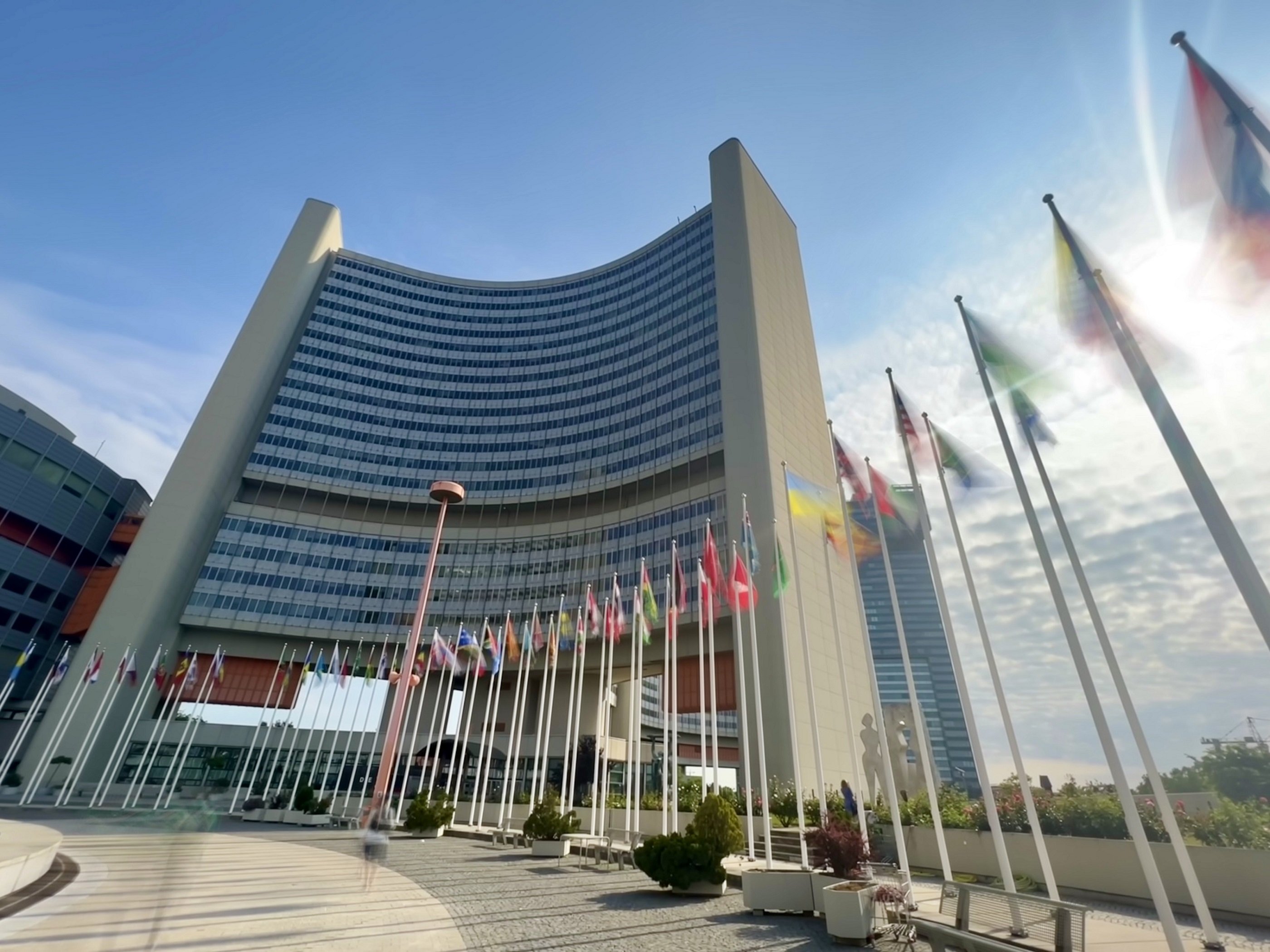Dark and Quiet Skies Feature Prominently at UN Meeting
Discussions in the UN committee, on which over 100 nations are represented, centred on whether to add an agenda item to its scientific and technical subcommittee (STSC) on the Protection of Dark and Quiet Skies for Science and Society, and establishing a working group of experts within COPUOS to study the issue. The proposal was put forward by Chile, Spain, Slovakia, Bulgaria, the Dominican Republic, Peru, South Africa, the IAU, ESO and the SKAO.
The matter was discussed in depth by a large number of delegations over several days and pushed the meeting into the night on its final day. Although there was broad support from many countries, a consensus was not reached on what the focus of the agenda item should be. The committee therefore decided to postpone discussion until next year, when its Scientific and Technical Subcommittee next meets in February 2024.
The Director of the IAU Centre for the Protection of the Dark and Quiet Sky from Satellite Constellation Interference (IAU CPS), Piero Benvenuti, and co-directors Connie Walker from NOIRLab and Federico di Vruno from the SKAO all attended the meeting to represent the IAU and the SKAO, both permanent observers on COPUOS.
“We are of course disappointed that countries could not reach a consensus, but the wide support many delegations expressed for the protection of dark and quiet skies is very encouraging, and shows that the issue is getting through to decision-makers,” said Piero Benvenuti. “Work will carry on over the coming months through the IAU CPS to continue to assess and develop mitigations for the impact of large satellite constellations on astronomy,” he added.
The IAU CPS is now planning to invite COPUOS delegations to name experts to engage with its work, and will also convene a special session for COPUOS delegations at IAU Symposium 385 on astronomy and satellite constellations which the CPS is organising and which will take place in La Palma, Spain in October.
In addition to these discussions, several side events took place during the meeting to further highlight to delegates the importance of preserving dark and quiet skies. They included a photo exhibition on space debris and satellite trails (called Our Fragile Space) by renowned photographer Max Alexander in the main foyer of the UN office in Vienna, sponsored by the IAU, NOIRLab and the SKAO. The Spanish delegation to COPUOS also organised a lunchtime session to further emphasise the benefits of astronomy for society, with presentations from the Institute of Astrophysics of the Canary Islands and the SKAO.
The European Astronomical Society, an institutional member of the CPS, was also granted permanent observer status on COPUOS, further reinforcing the presence of astronomy advocates on the UN body.
Contacts
Mathieu Isidro
IAU CPS Communications and Outreach Lead
T: +44 7824 016 126
Email: mathieu.isidro@skao.int
Images

The United Nations Office in Vienna, Austria
The United Nations Office in Vienna, Austria which houses the United Nations Office for Outer Space Affairs and the meetings of the UN Committee on the Peaceful Uses of Outer Space (UN COPUOS). Credit: IAU CPS/M. Isidro (SKAO) See moreContact
Share your feedback and content